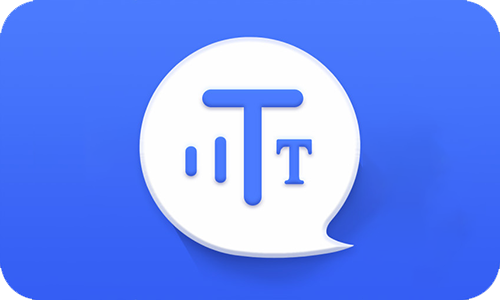Korean name generator
Generate authentic girl/boy names, K-drama style characters, and K-pop idol-inspired names. Perfect for babies, novels, or gaming – with pronunciation guides and Hanja origins.
Korean names reflect a harmonious blend of tradition, cultural values, and modern creativity. Here’s a concise breakdown of their structure, meanings, and unique characteristics:
1. Structure
Surname First: Korean names follow the East Asian order: Surname + Given Name (e.g., Kim Min-jae).
Surnames: Over 250 exist, but Kim (김), Lee (이), Park (박) dominate, comprising ~45% of the population. Most surnames derive from historic clans or locations.
Given Names: Typically 1-2 syllables, often combining Hanja (Chinese characters) with auspicious meanings. Modern names may use native Korean words (e.g., Ha-neul/하늘 – \"sky\").
2. Cultural Nuances
Generational Names: Some families share a generational syllable in siblings’ names (e.g., Ji-hoon, Ji-woo).
Gender Fluidity: Many names (e.g., Min-seo, Ji-hyun) are unisex, though certain Hanja lean masculine (e.g., 豪/\"ho\" – \"heroic\") or feminine (e.g., 美/\"mi\" – \"beauty\").
Marital Customs: Women traditionally retain their surnames after marriage.
3. Modern Trends
Foreign Influence: Names like Ethan (이든) or Luna (루나) reflect globalization.
Legal Rules: Names must be registered in Hanja but displayed in Hangul. Rarely, parents invent \"pure Korean\" names without Hanja (e.g., Bit-na/빛나 – \"to shine\").
Celebrity Impact: K-pop idols inspire trends (e.g., Jung-kook, Ji-woo).
4. Fun Facts
Shortened Surnames: Some royal clans use abbreviated Hanja (e.g., Jeon (전) from 全州李氏).
Rarest Surnames: Only 1-2 people hold names like Sam (삼) or Gok (곡).
Name Stereotypes: Older generations often use -suk (숙) or -ja (자) in women’s names, while younger Koreans avoid them for sounding outdated.
Whether rooted in centuries-old Hanja or embracing modern flair, Korean names offer a window into identity, family heritage, and societal shifts.





 2024 ,
2024 ,